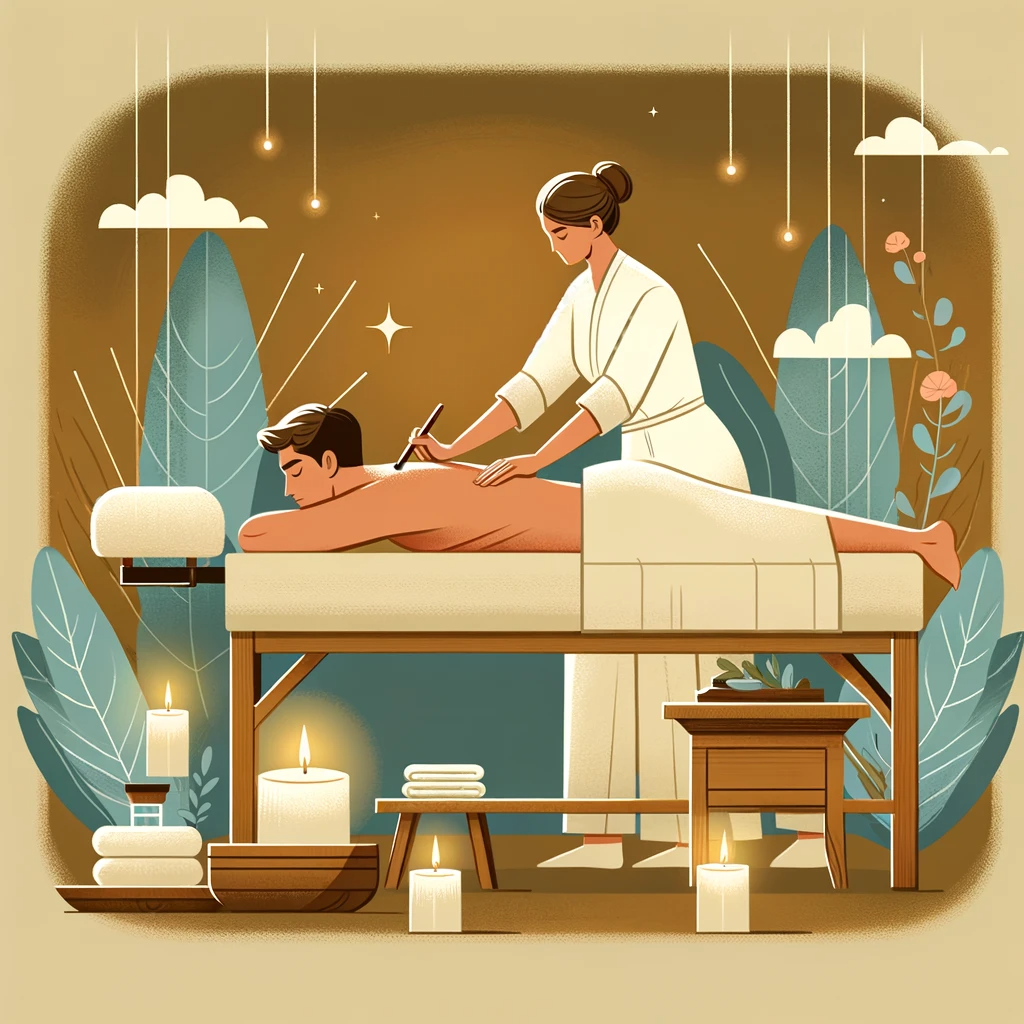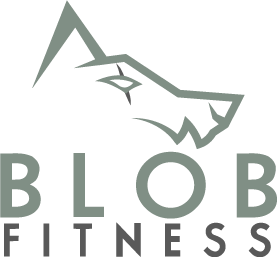
Recovering from workouts is an essential part of muscular growth and performance.
Massaging / myofascial release is one of the most popular ways of recovery nowadays.
You see athletes do it. People use massage guns all the time to try to help them recover or loosen up.
But could incorporating regular massages or myofascial release truly affect your recovery? If so, should you be incorporating it into your regimen?
What is a Massage / Myofascial Release?
Massage therapy aka myofascial release therapy involves manipulating the body's soft tissues to relieve stress, improve circulation, and reduce pain.
Myofascial release, a specific type of massage, targets the connective tissue (fascia) that surrounds and supports muscles, aiming to release tension and improve mobility.
Most people think of massage when someone else is using their thumbs to dive into the muscle and massage it.
This isn't always the case though.
You can use any surface that's fairly firm and sturdy, dig it into your muscle, and massage it and you are still doing massage therapy.
Effects on Muscles
Massages exert a multifaceted effect on the muscles.
Primarily, they increase blood flow, bringing fresh oxygen and nutrients to muscle tissues while aiding in the removal of waste products, such as lactic acid.
This enhanced circulation can help in the faster recovery of muscles from soreness and fatigue. There are many ways to do this like with blood flow restriction training, but let's continue.
Moreover, massages help in breaking down adhesions aka knots that form in muscle fibers and tissues as a result of overuse or injury.
These knots can restrict movement and cause pain. By applying pressure and movement, massage therapy can help in realigning these muscle fibers and reducing discomfort.
The role of fascia in this context is crucial.
Fascia is a dense, fibrous network of connective tissue that surrounds and includes your muscles, bones, nerves, and blood vessels.
Under stress or injury, the fascia can become tight and restricted, causing pain and limited mobility.
Myofascial release targets these fascial restrictions.
It involves applying gentle, sustained pressure into the myofascial connective tissue to eliminate pain and restore motion.
By easing tension in the fascia, myofascial release enhances muscular function and flexibility, thereby contributing to overall muscle health and recovery.
The combination of improved blood flow, reduced adhesions, and eased fascial tension makes massage a powerful tool in muscle recovery and maintenance.
Does Massage Aid in Recovery?
So we know what massaging is. But does massaging actually help with recovery?
Let's look at what some studies say.
A study conducted by scientists at the Wyss Institute and Harvard John A. Paulson School of Engineering and Applied Sciences found that massages can help injured muscles heal faster and stronger.
The study used a custom-designed robotic system to apply consistent compressive forces to mice's leg muscles, leading to a more pronounced reduction in damaged muscle fibers and larger cross-sectional areas of the fibers in treated muscles compared to untreated ones.
This suggests that massage, by exerting mechanical loading, can significantly improve muscle recovery after injury.
This is a study in mice though. So let's look at something else.
Another study, on PubMed, reviewed 27 studies focusing on sports massage's effect on muscle recovery after strenuous exercise.
While the case series provided inconsistent results, with most suggesting that massage does not significantly improve post-exercise function, randomized controlled trials (RCTs) did provide moderate evidence supporting the efficacy of massage therapy in facilitating recovery from repetitive muscular contractions.
So what does this mean?
Well, we need more data and studies done to see if it does truly help.
In my opinion, it does not hurt to do.
We know that increasing blood flow into an area can help with recovery. Massaging does this in general, and I don't see why it has a negative impact.
When Should You Massage?
Considering it's still up in the air on whether massaging is worth it or not for recovery, when should you massage?
Personally, I do self massages anytime something feels a bit too tight or I am suffering through some injury.
This is all anecdotal, so take it for what is.
An example, one time I was working out and got some shooting sciatic pain.
It wouldn't go away no matter which way I moved or stretched.
Eventually, I took a lacrosse ball, rolled it on my glutes for about 3-5 minutes and my sciatic pain was gone.
This was most likely my piriformis muscle being a bit too tight and causing pain.
Another example was when I had knee pain during a squat session.
I stopped what I did, rolled out my quadriceps with a lacrosse ball as well, and my knee pain was alleviated.
This was due to my quads being too tight in general causing the knee pain.
Massaging has its place, and I like to use it when I know things are too tight or a muscle is causing some type of joint pain.
Alternative Massage Tools
There are plenty of massage tools you can choose from besides going to a massage therapist.
My favorites are:
- Lacrosse Ball
- Foam Roller
- Massage gun
- Barbell
- Kettlebell
Anything firm and dense will do wonders, even if it hurts. The denser to me, the better.
You can also use your thumb, but it may become a bit exhausting.
Final Thoughts
Massaging is a great tool that can help with many issues. It's still a question of whether or not it can help with recovery. Although I think it can, I believe you should do it when you feel like it's needed as I don't see it having any negative impacts.
You can use plenty of tools to massage yourself instead of going for massage therapy all the time.
Get a Free Guide!
Similar Posts
Sleep is an essential part of life and recovery. Read this deep dive on the importance of sleep and tips and supplements to improve your sleep quality.

